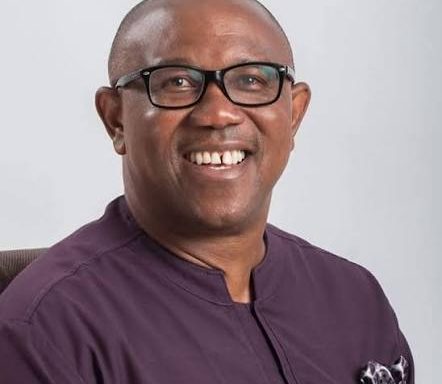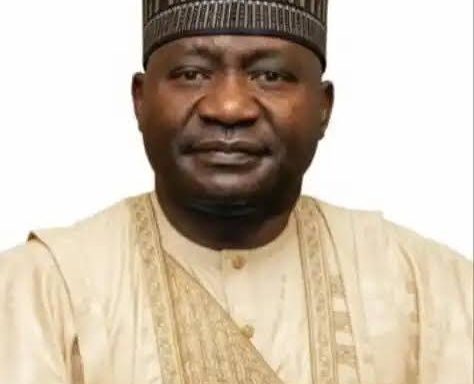The decision of the Nigerian National Petroleum Company Limited (NNPCL) not to sell the Port Harcourt Refinery has sparked mixed reactions from stakeholders, including industry experts, labor unions, and private sector representatives.
A statement released by the national oil firm on Wednesday quoted the GCEO, Bayo Ojulari, saying the option of selling the refinery has been ruled out.
Join our WhatsApp ChannelOjulari, who spoke during a town hall meeting on Tuesday at the NNPC Towers, Abuja, said the decision was informed by ongoing reviews of the state-owned Warri refineries.
He said the company seeks to complete the rehabilitation of the facility through advanced technical partnerships.
However, industry stakeholders kicked against NNPC’s decision, citing persistent inefficiencies and financial burdens.
Economist and energy expert, Mr Kelvin Emmanuel, queried how NNPC will raise money to carry out a comprehensive rehabilitation of the refinery as claimed.
Mr Emmanuel said the national oil company ought to start probing how the $2.9bn borrowed for rehabilitation within the last four years was spent.
“What money is he going to use to conduct the extensive rehabilitation?” he asked.
“Is he planning to raise another crude-backed loan to finance it? Shouldn’t he be asking questions about the $2.9bn borrowed for rehabilitation within the last four Years that’s unaccounted for?”
Chief executive of the Centre for the Promotion of Private Enterprise, Dr. Muda Yusuf, said the refineries have a huge financial burden to the country and also called for the outright sale of the refineries.
READ ALSO: Between NNPC’s Refineries Sale Plan And Heavy Spend On TAM: Which Is The Lesser Evil?
Dr Yusuf said the Federal Government has billions for their maintenance but no results.
He also called on the authorities to ensure transparency in the process.
According to the economic expert, the government has even used forward crude oil sales to pay for refinery maintenance, a practice that has limited the amount of money coming into the Federation Account and produced no appreciable returns.
President of the Lagos Chamber of Commerce and Industry (LCCI), Gabriel Idahosa, called on the government to consider selling or leasing all government-owned refineries to capable investors to create room for efficient operation of the facilities and boost domestic oil refinery.
Energy expert and country manager of Tradegrid, Jide Pratt, insisted that the best decision would have been to sell off the refineries.
He stated that since the NNPC boss decided that the refinery would not be sold, he should have indicated what the maximum capacity would be utilised or achieved after full rehabilitation.
Other Nigerians took to X to NNPC for the no-sale decision, stating that it is not in the best interest of the country.
“I am not surprised. No management of NNPC will ever want it to be sold. It is a fertile land for corruption. How much have they budgeted for the extensive rehabilitation? Every management wants it to be rehabilitated because it is an easy way to cash out. How long has this been going on? Dangote started and completed his refinery while we are still rehabilitating, refurbishing, restoring, rebuilding the government-owned,” an X user wrote.
However, the Independent Petroleum Marketers Association of Nigeria (IPMAN) called for a Public-Private partnership to sustain the asset’s operations.
Victor Ezeja is a passionate journalist with seven years of experience writing on economy, politics and energy. He holds a Master's degree in Mass Communication.














